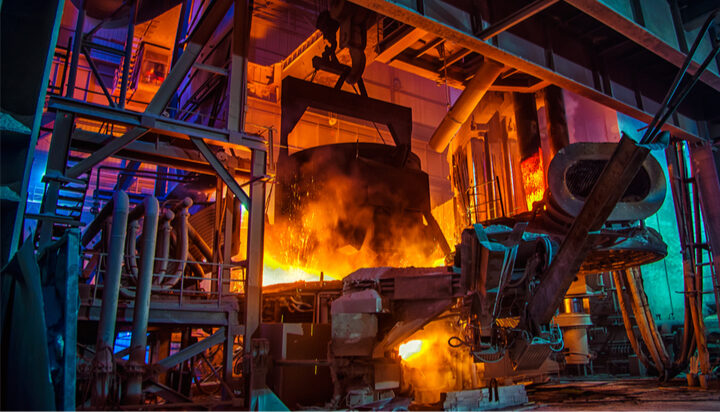The government has launched a review of the schemes that compensate energy intensive industries for indirect emission costs in electricity prices in the UK.
The Department for Business, Energy and Industrial Strategy (BEIS) has run a competition scheme for indirect emission costs due to the EU Emissions Trading System (ETS) and carbon price support (CPS) mechanism for certain energy intensive industries since 2013 and 2014 respectively.
Indirect emission costs arise from the obligation on power stations to buy emission allowances under the ETS and pay a tax on the carbon content of the fossil fuels they use to generate electricity.
This increases their costs which are passed on in their offer on the wholesale electricity market and ultimately results in an increase in retail power prices for energy intensive industries.
The review will provide an assessment of the risk of carbon leakage due to the indirect emission costs from the UK ETS and the CPS as well as examine whether mitigating this risk provides wider benefits, such as levelling up and supporting jobs and ensuring business viability until the point at which industrial decarbonisation technologies can be deployed.
A key part of the review is the consultation – which closes on 9th August 2021 – seeking feedback and evidence on the risk of carbon leakage and informing the design features of the compensation schemes.
The government is inviting views from a wide range of audiences, including energy intensive industries, other electricity consumers, trade bodies, consumer associations, the devolved administrations and any other interested parties.
BEIS states: “This consultation seeks views and evidence on the risk of carbon leakage due to the indirect emission cost from the UK ETS and CPS, which sectors are most at risk and the design of the potential scheme if there continues to be a rationale for compensation.
“It seeks feedback and evidence to inform whether there continues to be a rationale for measures to mitigate the risk of carbon leakage and inform design features of the schemes to increase value-for-money and ensure they support wider government objectives such as delivering net zero.”






